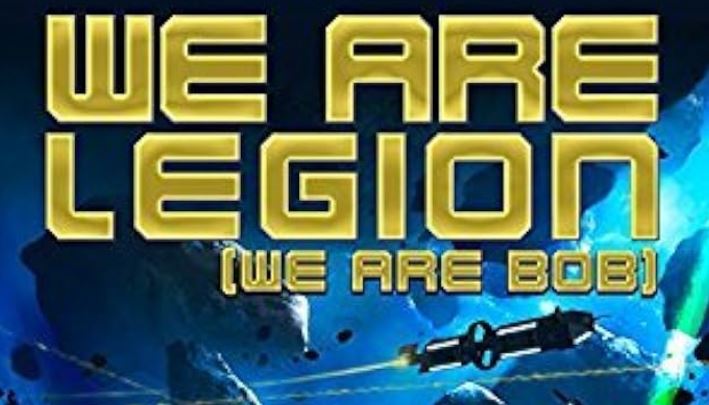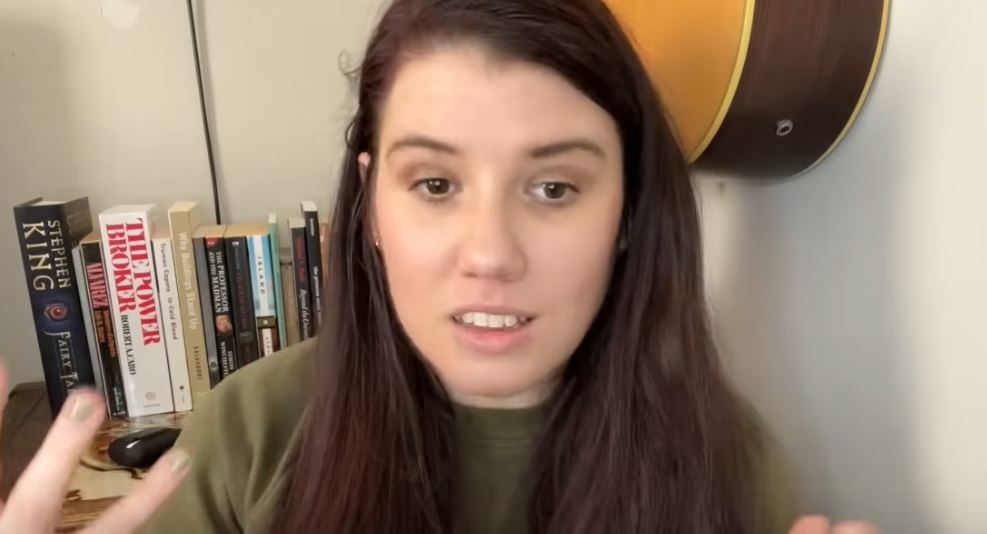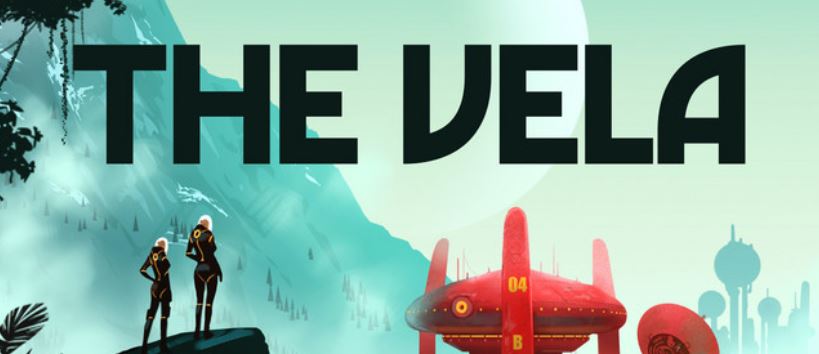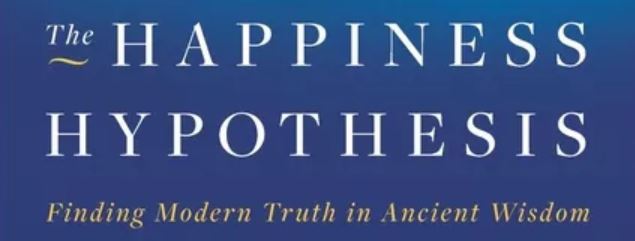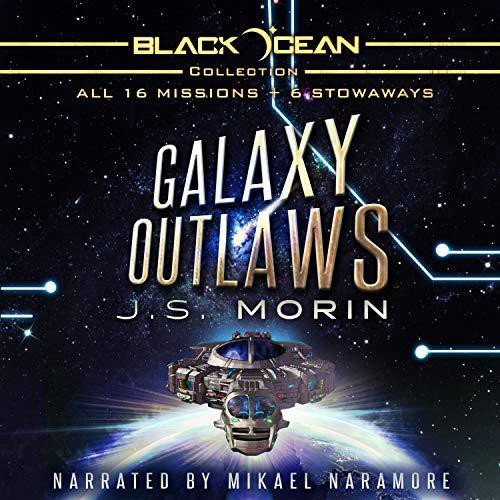
It’s 93o outside, so I’m staying in and catching up on some housecleaning. Sparky wanted to keep me company, but him walking on wet floors wasn’t helping. He doesn’t fully trust the vacuum cleaner. Since I was screwing up his afternoon, he decided to just go to bed until I settled down.
Or maybe Sparky didn’t like what I was listening to on Spotify.

